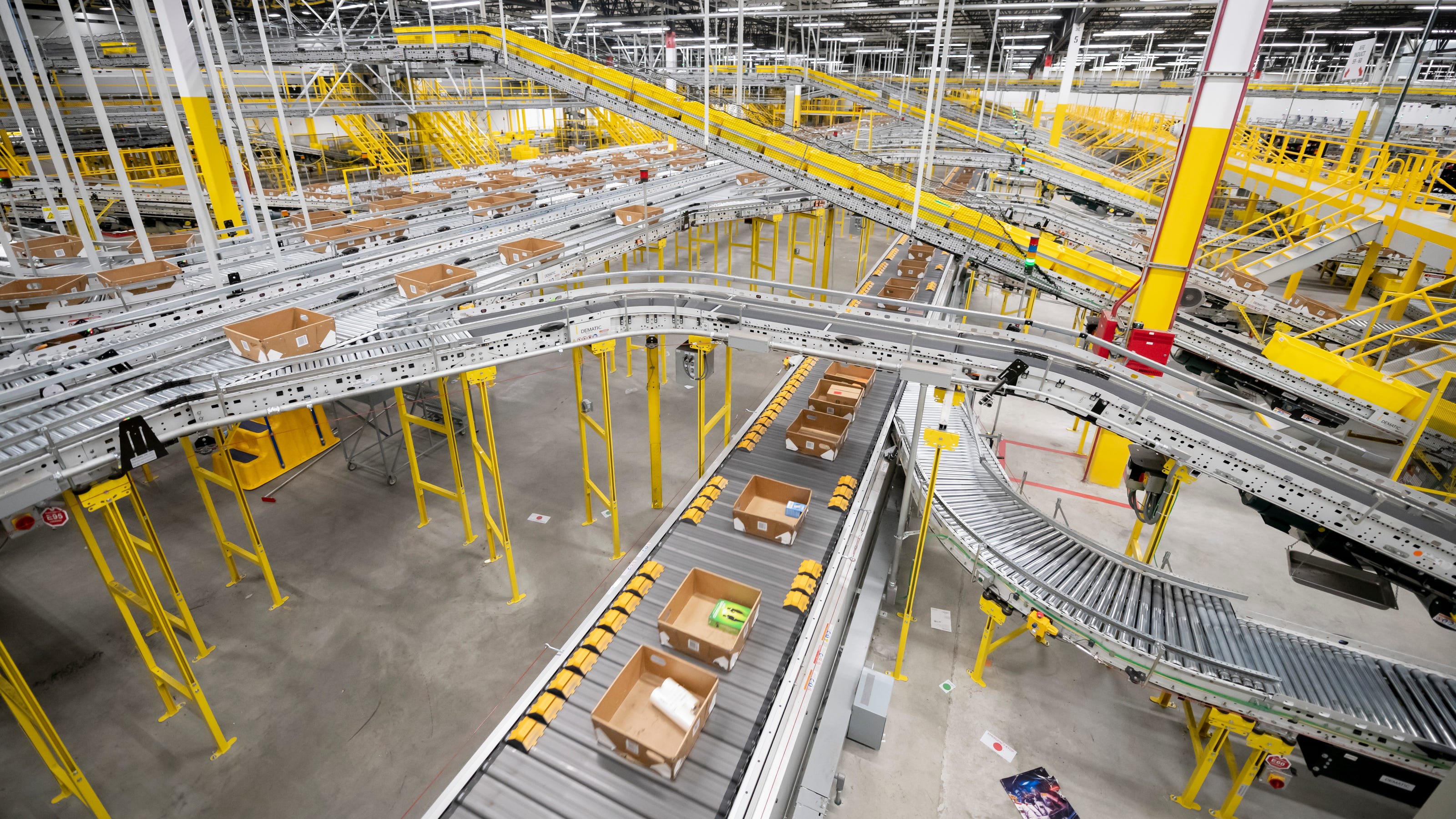
Image Source: Google
In the fast-paced world of e-commerce, efficiency is key. Customers expect quick deliveries and seamless service, prompting businesses to constantly seek ways to streamline their operations. One significant development that has revolutionized e-commerce is the rise of fulfilment warehouses. These warehouses play a crucial role in the supply chain, helping businesses meet customer demands while optimizing their processes.
The Role of Fulfilment Warehouses
Fulfilment warehouses serve as the operational backbone of many e-commerce businesses. Here are some key points highlighting their role:
- Receiving and storing inventory: Fulfilment warehouses receive products from suppliers and store them until they are ready to be shipped to customers.
- Picking and packing: Warehouse staff pick the items from shelves and pack them according to customer orders, ensuring accuracy and efficiency.
- Shipping and delivery: Once orders are packed, fulfilment warehouses coordinate with shipping carriers to ensure timely delivery to customers.
- Inventory management: Fulfilment warehouses help businesses track their inventory levels, reorder products when needed, and manage stock efficiently.
Benefits of Fulfilment Warehouses
The utilization of fulfilment warehouses offers a wide range of benefits to e-commerce businesses. Here are some of the key advantages:
Cost Efficiency
- Outsourcing fulfillment services to warehouses can help businesses reduce operational costs, as they don't have to invest in their own storage facilities and staff.
- Warehouses often benefit from economies of scale, allowing them to offer cost-effective solutions for storage and shipping.
Scalability
- Fulfilment warehouses provide businesses with the flexibility to scale their operations based on demand. Whether it's a seasonal spike in orders or steady growth, warehouses can accommodate varying needs.
- Businesses can easily expand their reach to new markets without worrying about setting up new infrastructure, as fulfilment warehouses can handle the logistics.
Focus on Core Activities
- By outsourcing fulfillment to warehouses, e-commerce businesses can focus on their core activities such as marketing, product development, and customer service, leading to overall business growth.
- Warehouses take care of the logistical complexities, allowing businesses to concentrate on value-added tasks that drive revenue and innovation.
Technological Innovations in Fulfilment Warehouses
To further enhance efficiency and productivity, fulfilment warehouses are adopting advanced technologies that streamline operations and improve accuracy. Some of the notable innovations include:
- Automation: Fulfilment centers are increasingly incorporating automation technologies such as robotics, conveyor systems, and automated storage and retrieval systems to speed up processes and reduce errors.
- Warehouse Management Systems (WMS): WMS software enables warehouses to efficiently manage inventory, orders, and shipments, providing real-time visibility and control over operations.
- IoT and RFID: Internet of Things (IoT) devices and Radio Frequency Identification (RFID) tags are used to track inventory throughout the warehouse, ensuring accurate stock levels and minimizing loss.
- Data Analytics: By leveraging data analytics tools, warehouses can optimize their processes, predict demand trends, and make informed decisions to improve overall efficiency.
Challenges and Future Trends
While fulfilment warehouses have significantly transformed e-commerce operations, they also face challenges in meeting evolving customer expectations and market demands. Some of the key challenges and future trends include:
Same-Day Delivery
- Customers are increasingly demanding same-day or next-day delivery options, putting pressure on fulfilment warehouses to optimize their processes for speed and efficiency.
- Warehouses are exploring innovative delivery solutions such as drones and autonomous vehicles to enable faster order fulfillment.
Sustainability
- Environmental sustainability is becoming a critical focus for e-commerce businesses and fulfilment warehouses. The industry is actively seeking eco-friendly packaging solutions and energy-efficient warehouse practices.
- Warehouses are implementing green initiatives such as solar panels, LED lighting, and recycling programs to reduce their carbon footprint.
Overall, fulfilment warehouses play a crucial role in driving efficiency and innovation in e-commerce. By leveraging advanced technologies, optimizing processes, and adapting to changing market demands, these warehouses continue to revolutionize the way businesses fulfill customer orders and navigate the competitive e-commerce landscape.
